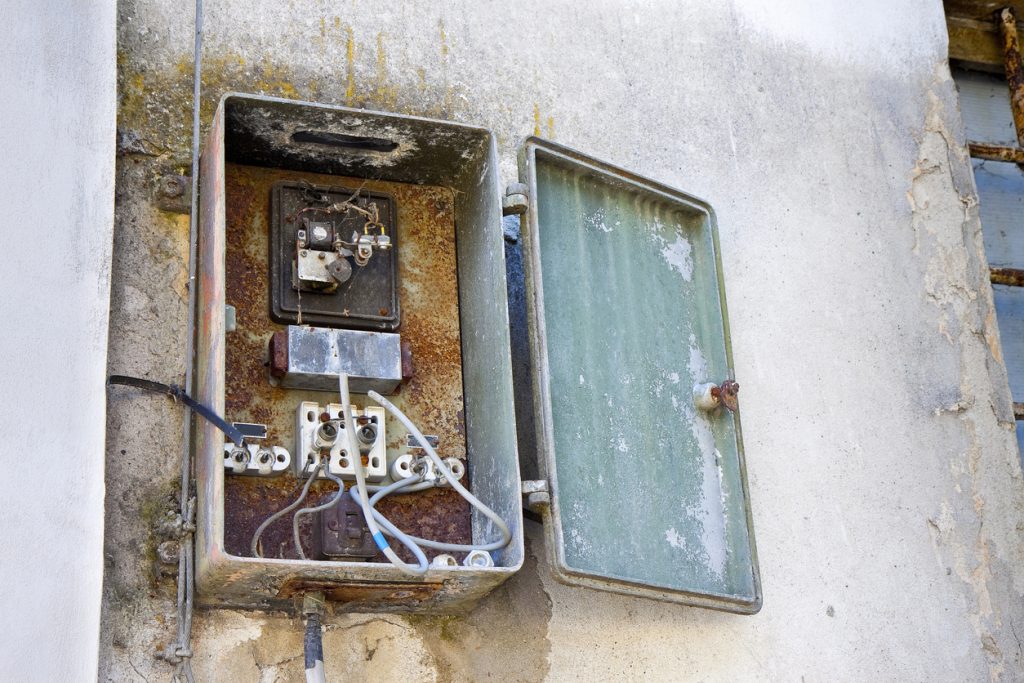EV Chargers and Apartment Properties: 5 Things to Consider - JP Morgan
EV Chargers and Apartment Properties: 5 Things to Consider.

Posted: Wed, 16 Aug 2023 07:00:00 GMT [source]
The total cost relies on a number of factors, including your place and the type of billing station you select. The expense of mounting an electric automobile billing terminal at your home is in between $1,175 to $3,300, depending on the type set up. The cost to mount an EV charging station depends upon your automobile's capacities and your home's circuitry. A 32-amp EV charger adds about 25 miles to the automobile's variety per hour of charging. Level 1 charging terminals, or L1 stations, price around $300, and do not require professional setup.Exactly How To Save Money On The Cost To Install An Ev Battery Charger In The House
Consequently, in lots of instances, site hosts cover the expense in efforts to attract Visit the website staff members, locals, or clients. The rationale is complimentary charging is a great facility for any kind of company. Must the website host deal complimentary charging, they can anticipate to see positive outcomes with their EV driving clients.2024 EV Charger Tax Credit: How To Claim It - Bankrate.com
2024 EV Charger Tax Credit: How To Claim It.

Posted: Tue, 02 Jan 2024 08:00:00 GMT [source]
Electric automobile charging stations play a critical function in the extensive adoption of electric cars by providing a practical and obtainable means of charging. Understanding the different sorts of charging stations is important for EV owners to make enlightened decisions based on their needs and choices. The expense to charge your car varies relying on the rate of power in your location and the time of day when you charge.Ev Charger Allows
Billing terminals are eligible for a federal 30% tax credit for purchase and setup prices, up to $1,000. Many EV proprietors install a Degree 2 battery charger at home, which utilizes a 240-volt socket. Electrical outlet charging is called Level 1 billing or, "drip billing." The rate of billing is roughly 1.3 to 2.4 kW per hour or around 3.5 miles of array per hour.- It can use up to 24 hours to totally charge your auto's battery when using this battery charger, which is why it is typically not practical for many vehicle drivers.Areas with higher living costs or better need for knowledgeable labor may experience greater labor prices, contributing to boosted installation expenditures.There are many benefits to setting up electrical lorry charging stations at hotels, offices, apartment or condos, or condos.Every EV charger installation is distinct, and the moment it requires to finish the installation can rely on the connection type, location, and the home's existing electric system.Working with a professional electrical expert to mount the billing station ensures everything is risk-free and up to code.Get ready to start an impressive journey into the world of EV charger installation expenses.